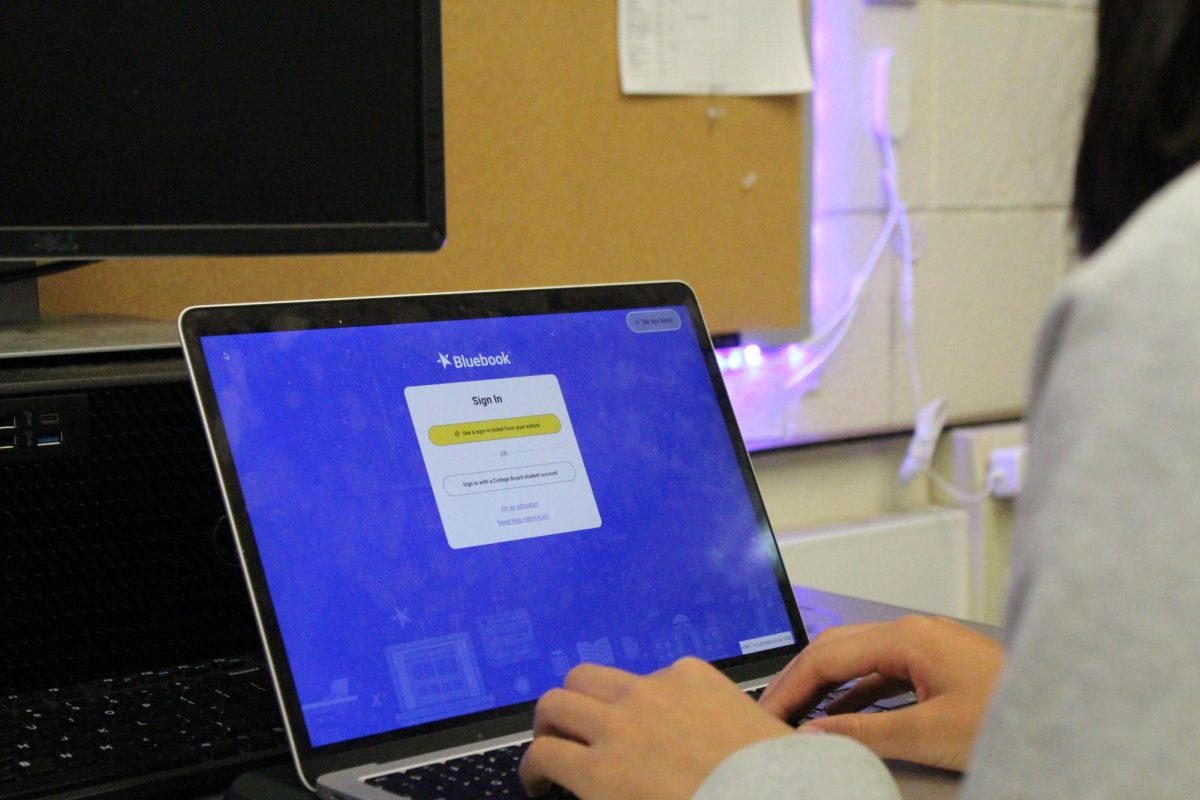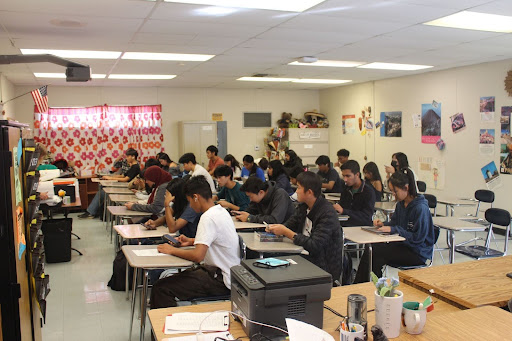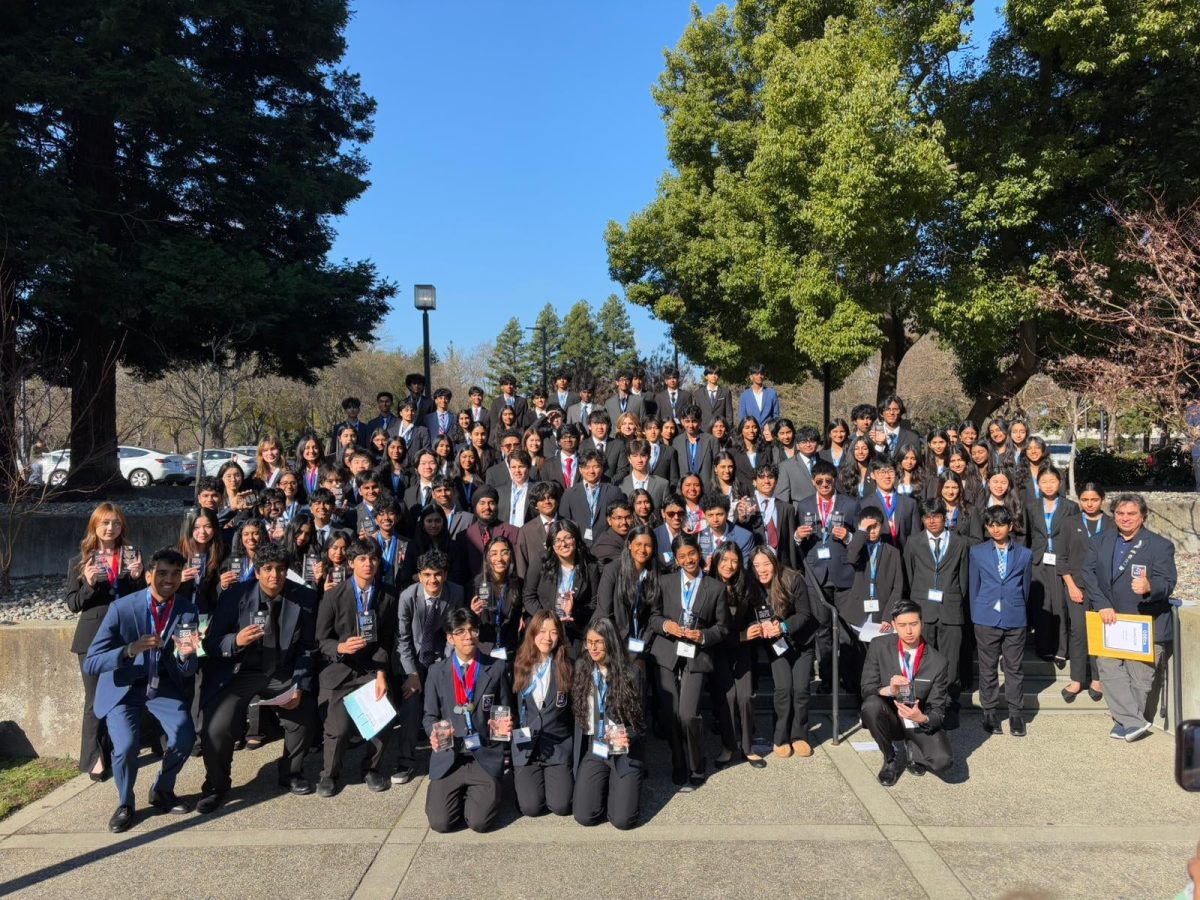Recently, Irvington has made significant changes to policies surrounding College Board testing administration on campus. College Board, the non-profit institution that designs the Advanced Placement (AP) program and oversees SAT/PSAT testing, also made changes to how testing is conducted nationwide.
Irvington students have been impacted by these changes. The PSAT, a practice version of the SAT, was previously offered to both 10th grade and 11th grade students every year in October. This year, it was administered on October 2nd and 3rd, only offered to 11th grade students. When asked what prompted this change, Mrs. Howell, in charge of PSAT/SAT administration at Irvington, mentioned, “It’s all a district decision.” PSAT and SAT changes seen at Irvington were mirrored on other high school campuses across the district. This year, the SAT was offered to both seniors and juniors — a notable shift from previous years in which only seniors were eligible.
On a national-scale, there has been an emphasis on digitizing exams administered by College Board. The SAT went fully digital beginning in March of 2024 and will continue to be permanently operated electronically. In the upcoming 2025 AP testing cycle, students will see that there is a conversion to digital AP testing. College Board had attributed this change to decrease cheating and make exams more equitable for students nationwide.
Mr. Aucoin, Irvington’s AP coordinator, discussed how the changes will be implemented at school. “Well, we’re just registering now for the exams. I have spoken to some of our IT people: just preliminary discussions about what might need to change in order to bolster our internet service here to make sure that we can successfully administer the exams in this new digital format.” He also added that 9th and 10th grade students, or underclassmen students, will only be allowed to register for only 2 self study AP tests: AP Macroeconomics and AP Microeconomics. 11th and 12th grade students will continue to receive priority for self study AP registration.
Mr. Aucoin acknowledged merit to the argument that restricting the amount of APs students can take as underclassmen puts an unnecessary load on students when they are upperclassmen. “I do feel like sometimes students feel like they need to take more AP exams than what their universities may actually require,” he explained. “But I do understand the idea that if they were able to spread them out over four years, it might be a little bit easier, and I wish we had the space to be able to offer them.”
Fremont Unified has also emphasized the importance of keeping exams consistent throughout high school sites. “It’s really a district policy. And so if you were to check Mission’s or Washington’s or American’s AP testing policies, they’re going to be exactly the same as ours,” mentioned Mr. Aucoin. “We have the same policies, the same cost of exams, the same window of registration. So it’s really going to be a bigger discussion with the entire district, because we, as coordinators, all adopt the same policies.”
Regardless of the many changes made to testing administration this year, students will go through the registration process for all tests in the same manner as in previous years.





















